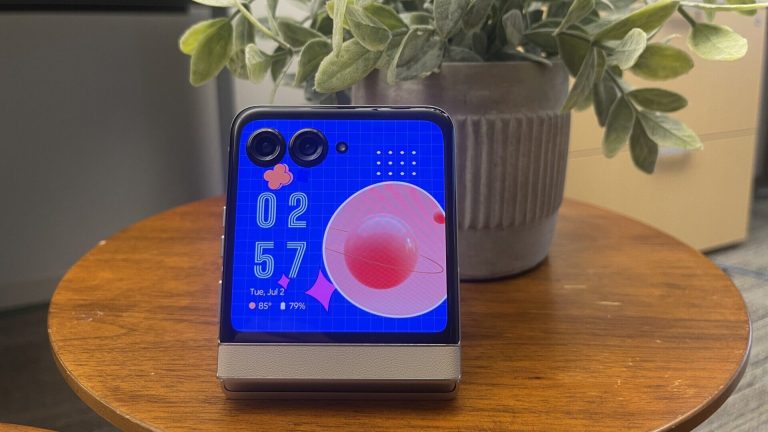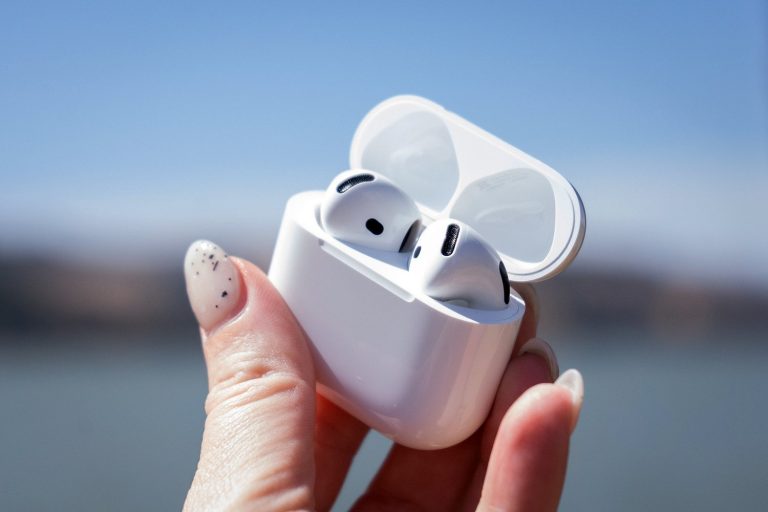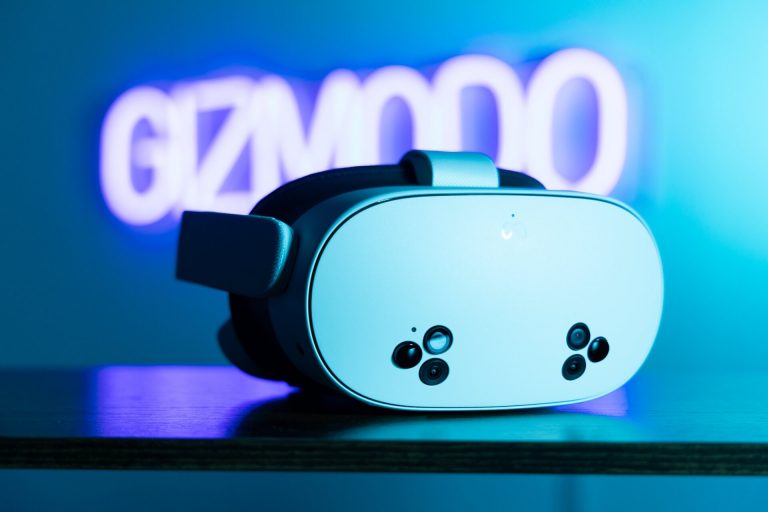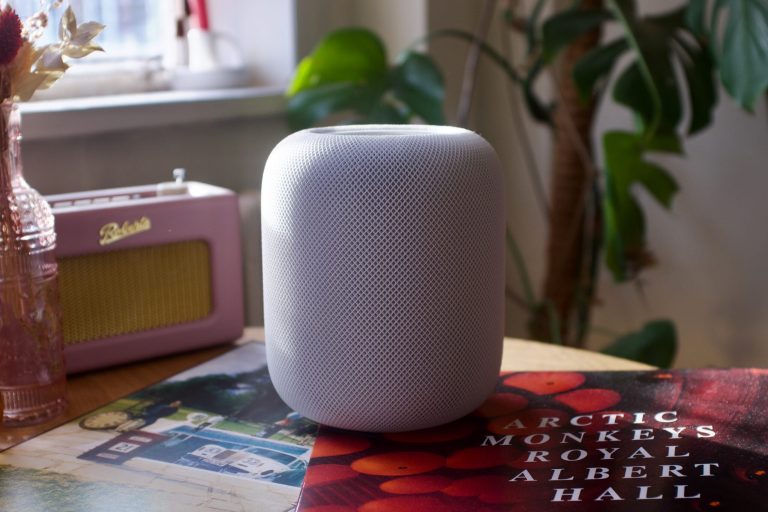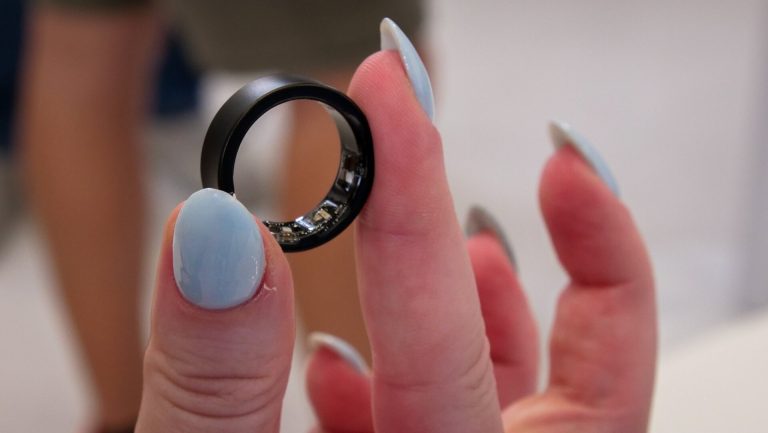Tamagotchi Connection Review
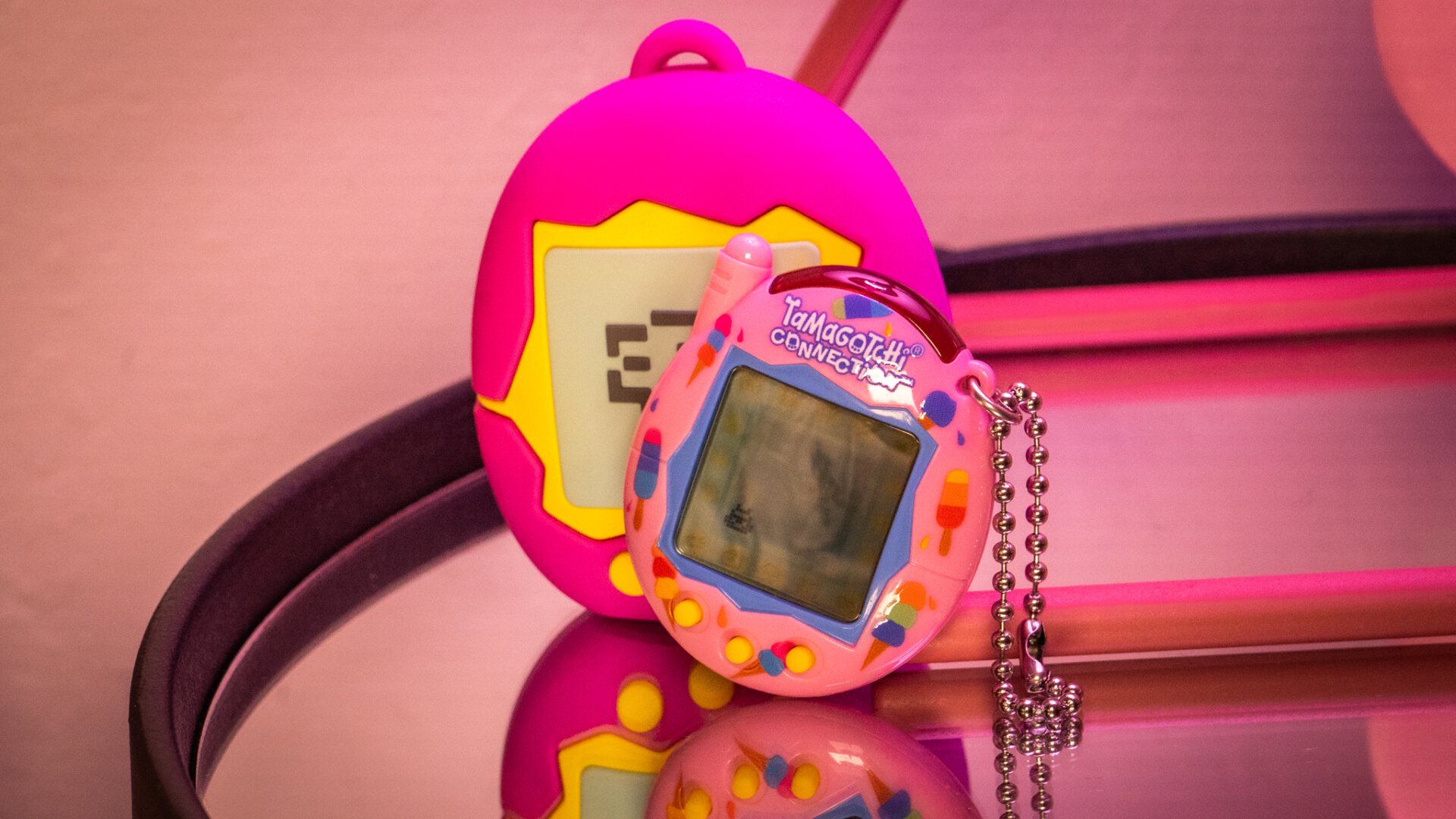
Nostalgia is my saving grace. Some days, it’s one of the few things keeping me going when I feel like I’m hanging on by a thread. You can imagine my delight when Bandai announced it was re-releasing one of my favorite early-era Tamagotchi releases, the Tamagotchi Connection. This reprise from the mid-aughts features all the same abilities as the original, including many of the same games and infrared connectivity with friends. It’s on sale July 10 for $30.
I’ve been using—or rather, raising—the Tamagotchi Connection since it was announced in May. You’ll see in the photos I included here that it’s been well-loved—the screen is still just as prone to scratches as ever before, so if you’re planning on collecting one of the six available shells and using it, be sure to also poke around for a third-party screen protector. My playtime with it has been mostly enjoyable, though the last two weeks have felt like a chore keeping this thing alive. It’s been over a month, and I’m already looking forward to taking the battery out.
A relic of the past
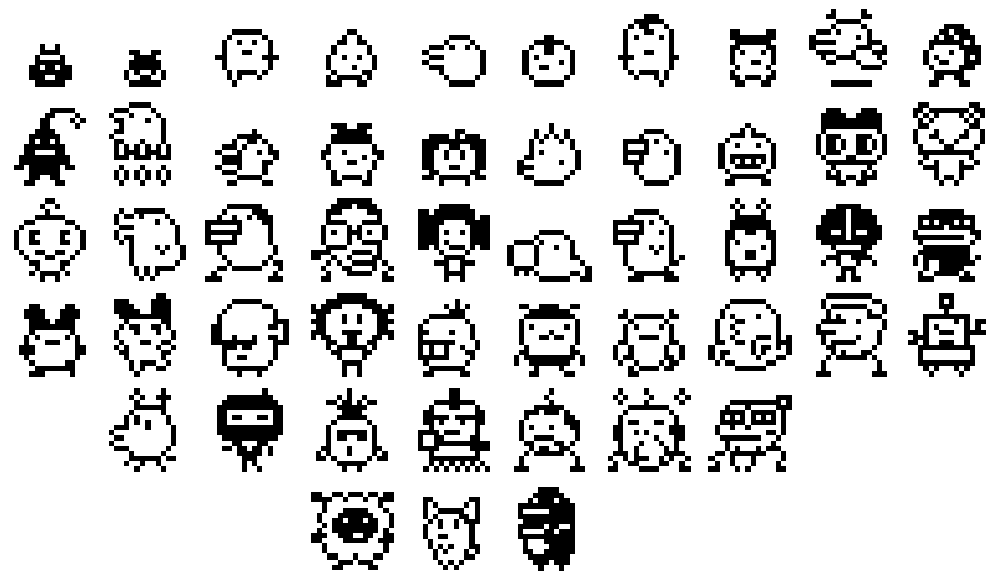
The Tamagotchi Connection is unique because it was the first time the virtual pet branched out of its usual birth, existence, and procreation routine. That’s the programming on the classic Tamagotchi, which is re-released in new shells nearly annually. In 2004, the Tamagotchi Connection V2—the original I have in my collection—introduced the Gotchi Point system that all modern Tamagotchi rely on now for in-game currency. The GP buys you food and various items to play with (in the later games, you can use them to purchase furniture and clothing items). It also brought games to the Tamagotchi, which unlocked another level of playability within the franchise beyond just raising a pet.
This reprise of the Tamagotchi Connection is based on the version three (V3) release, launched in 2006. V3 allowed you to send Tamagotchi for a playdate to another device using an infrared connection. This feature is common in most modern-day Tamagotchi releases, including the Tamagotchi Uni. But back then, dear children, you were lucky to have a friend who knew what you were talking about when you mentioned syncing up Tamagotchi. That’s precisely why so many collectors are excited about this reprise. Think of it as a way to heal the inner child after years of hiding in the back of the classroom with a virtual pet in your jacket pocket.
Indeed, this is such an anticipated release among collectors that I’m meeting up with people in real life to connect devices once they’ve all shipped out. It’s something I never got to do with my original Tamagotchi Connection. Not only will I be able to share it with adults my age who remember that syncing up devices was once a novelty, but there’s a new generation of kids with parents who would rather spend their hyper-fixated time on something offline. (Sadly, this new Tamagotchi Connection does not connect with the elder ones.)
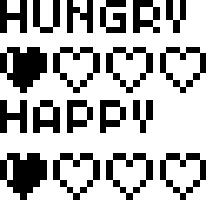
The Tamagotchi Connection is very offline. Everything about its design is a relic from the past. There is no backlight, so playing this will require overhead lighting if you want to see anything. And you will want to look at it because the animations of the Tamagotchi are so delightful and unlike anything I’ve seen on the color releases. The limited 32 by 30 resolution of the pixelated LCD means Bandai had to be creative with its Tama designs. My favorite one so far is this creepy ghost-like character I’ve landed after five generations. It looks like it’s on its way to an Oogie Boogie Bash.
Longtime devoted fans will know that this re-make of the Tamagotchi Connection features software similar to the Keitai Kaitsuu Tamagotchi Plus released in Japan nearly 20 years ago. However, unlike those devices, there is no pause feature, so once you get a Tama going, you’ve got to stay on it! The 2024 Connection makes the in-game shop available at all times rather than at certain hours throughout the day. It’s also more contrasted than the original Connection releases of the 2000s, so it’s easier to see under artificial light, and the sprites move quicker than they did, at least compared to my original Tamagotchi Connection V2.
The other difference between the Tamagotchi Connection from this era versus the past is that there is no TamaTown to accompany it, a massive online game that could be accessed via passcodes from the device back in the day. At the very least, the ability to connect with friends is still here. You can play games together, send over items and food as presents, or visit for a playdate. The more you see a friend, the more your friendship meter increases. And then, once that tops out, you two can have a baby together! A fetal collaboration without the real-life consequences!
Harder to play than I remember
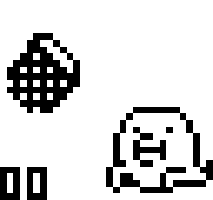
The Tamagotchi I raised died when I was writing that paragraph. I am obviously sad, though more so because of frustration that the vintage way of playing with virtual pets doesn’t immediately translate to the new world. The Tamagotchi Uni, for instance, the color variant that came out last year, costs twice as much and connects to the internet, so it is much more forgiving of a person’s inability to multitask throughout the day.
First, there’s an option to call a sitter to watch the Tama during my work hours, which is exactly how real life works when you have kin. (My real-life child costs much more to babysit, but we’ll chalk up that one to policy failure.) Second, I have managed to get through the workday even with a sick Tama by the wayside. That’s because the games are easier to play on the Tamagotchi Uni than on devices modeled after the past, like Tamagotchi Connection. On the Uni, games are quick to play, and you can easily net 100-300 GP in one go to bank up some cash to buy food and get the Tama away from sickness. However, the Connection requires strategy and focus for its six games. The games are also quite challenging, and the payout is frustratingly minimal if you play an average round.
I imagine children with the time to devote to raising Tamagotchi won’t mind as much as I do about the grinding required to get enough Gotchi Points on the Connection. At the very least, if you feel overwhelmed caring for the Tamagotchi Connection, you can remove the back cover and the battery. The internal storage on the Connection will hold onto your Tamagotchi family tree.
Tamagotchi Connection Is Not a collector’s item
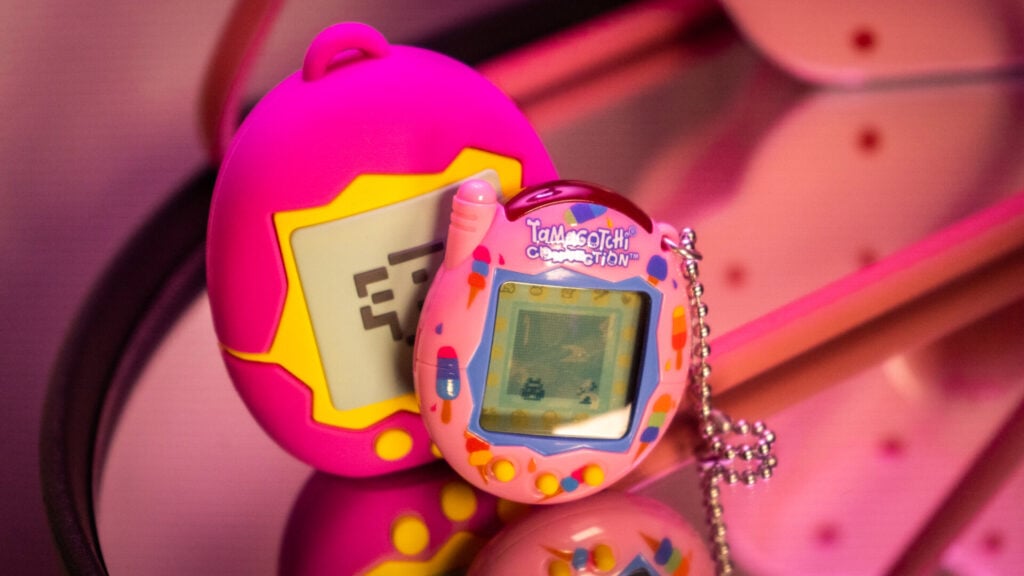
You didn’t need me to spell out that virtual pets are still a fun toy, but I’m here to validate you if you need it. With the Connection in particular, I’m excited to finally link up Tamagotchi in a way I didn’t have access to nearly 20 years ago. I can see why Bandai has been reviving its vintage models for the new age: it entices adults like me to spend extra cash on the throwback toy and a generation of new kids to hoard them like water bottles for a doomsday prepper’s kit. I’m happy it’s back because I can relive something I didn’t do in my youth.
However, I don’t foresee myself running the Tamagotchi Connection long-term because there’s little payoff. At least with the Tamagotchi Uni, a device made for the 2020s that understands we multitask too much and our kids want to go online, I can log back on and revive it to jump on all the new downloadable content that’s surfaced since I paused, giving me something new to look forward to. I’m curious how this toy will resonate with a modern society that is used to a constant stream of shiny things. But outside of the Japanese shells, I’m dubious that the U.S. Tamagotchi Connection release will become a collector’s item the way the early-aughts releases are.
#Tamagotchi #Connection #Review


